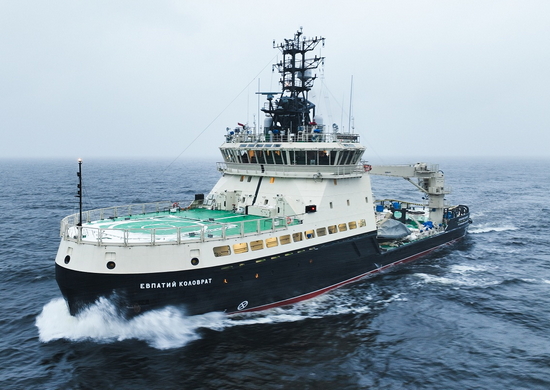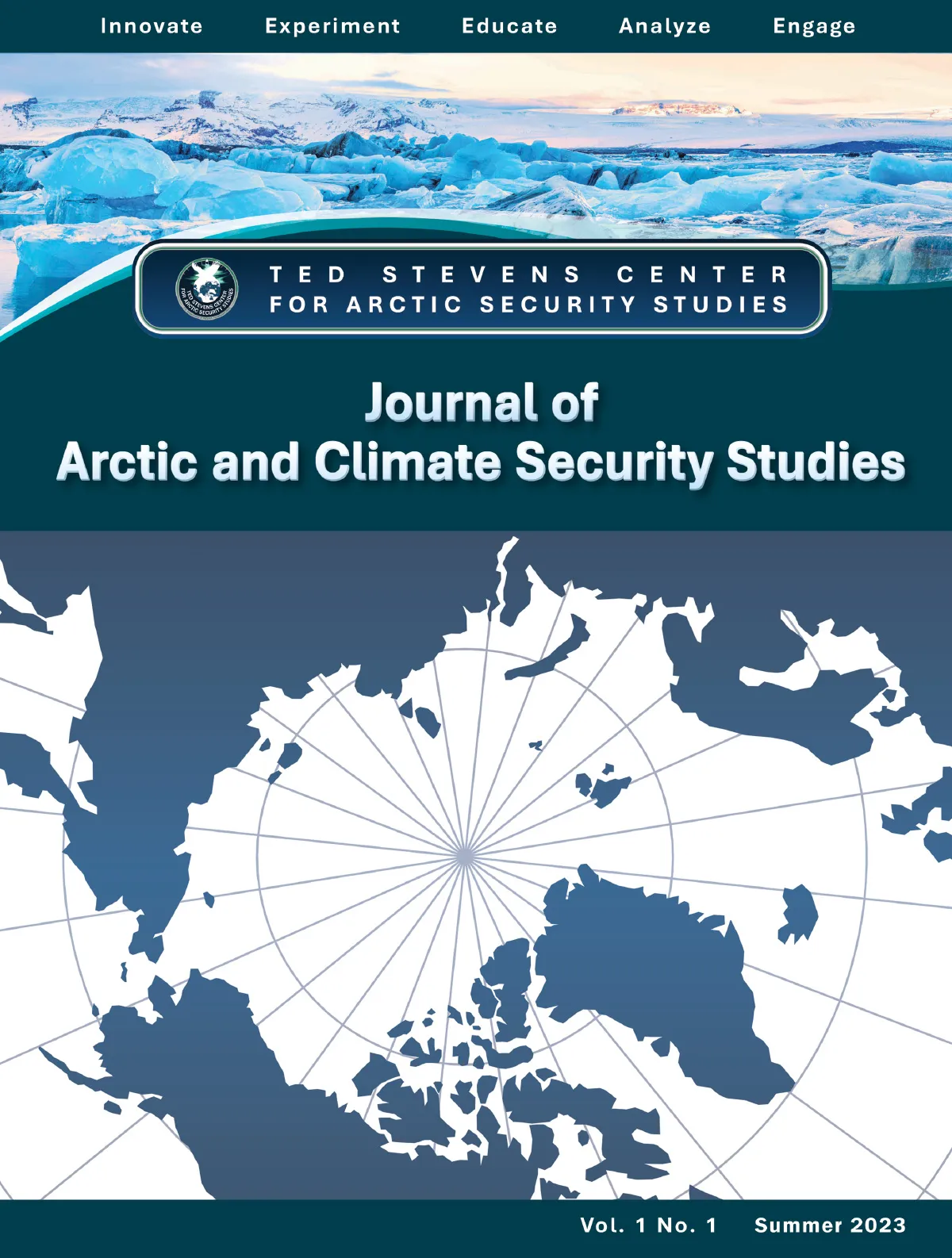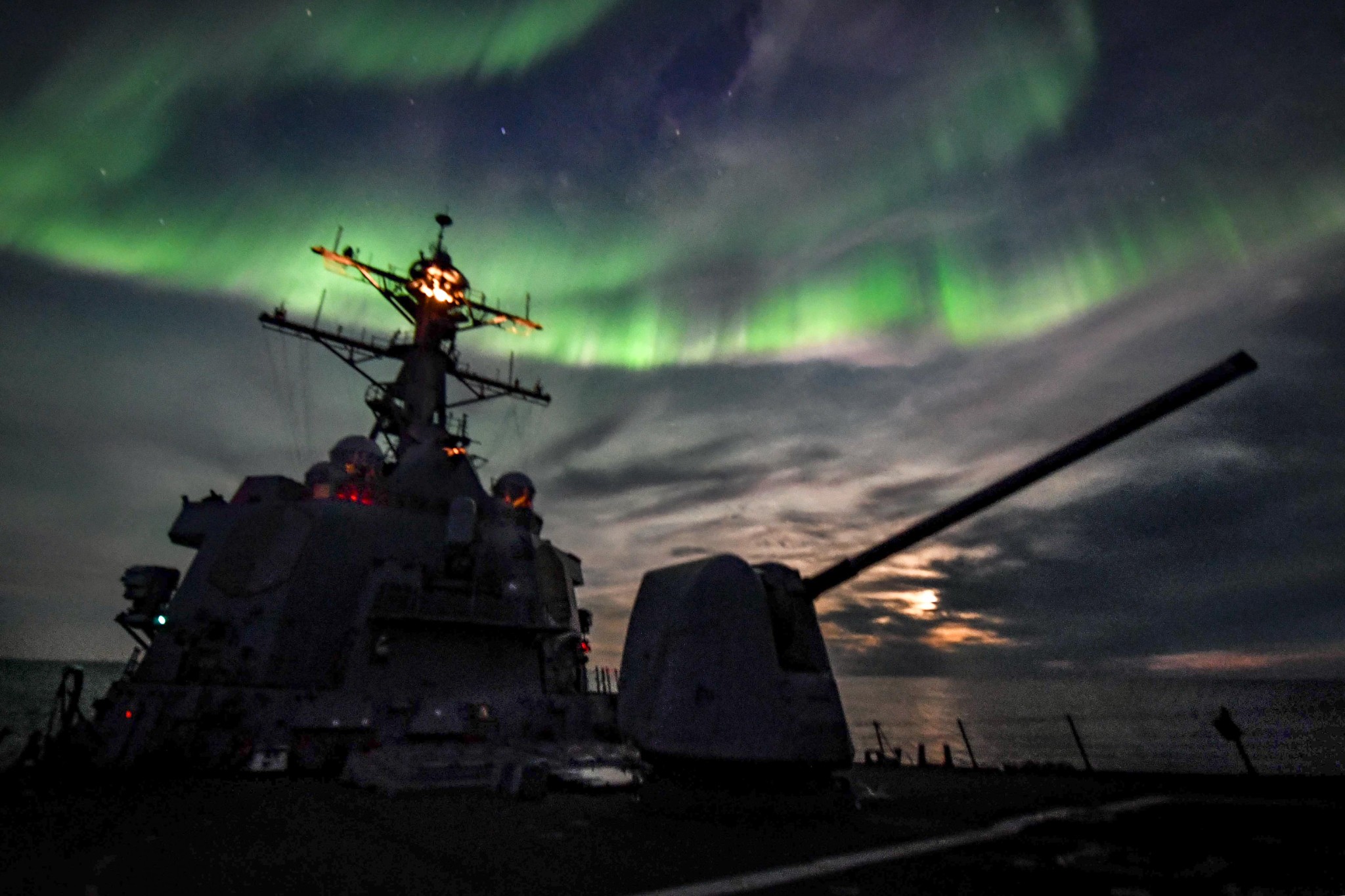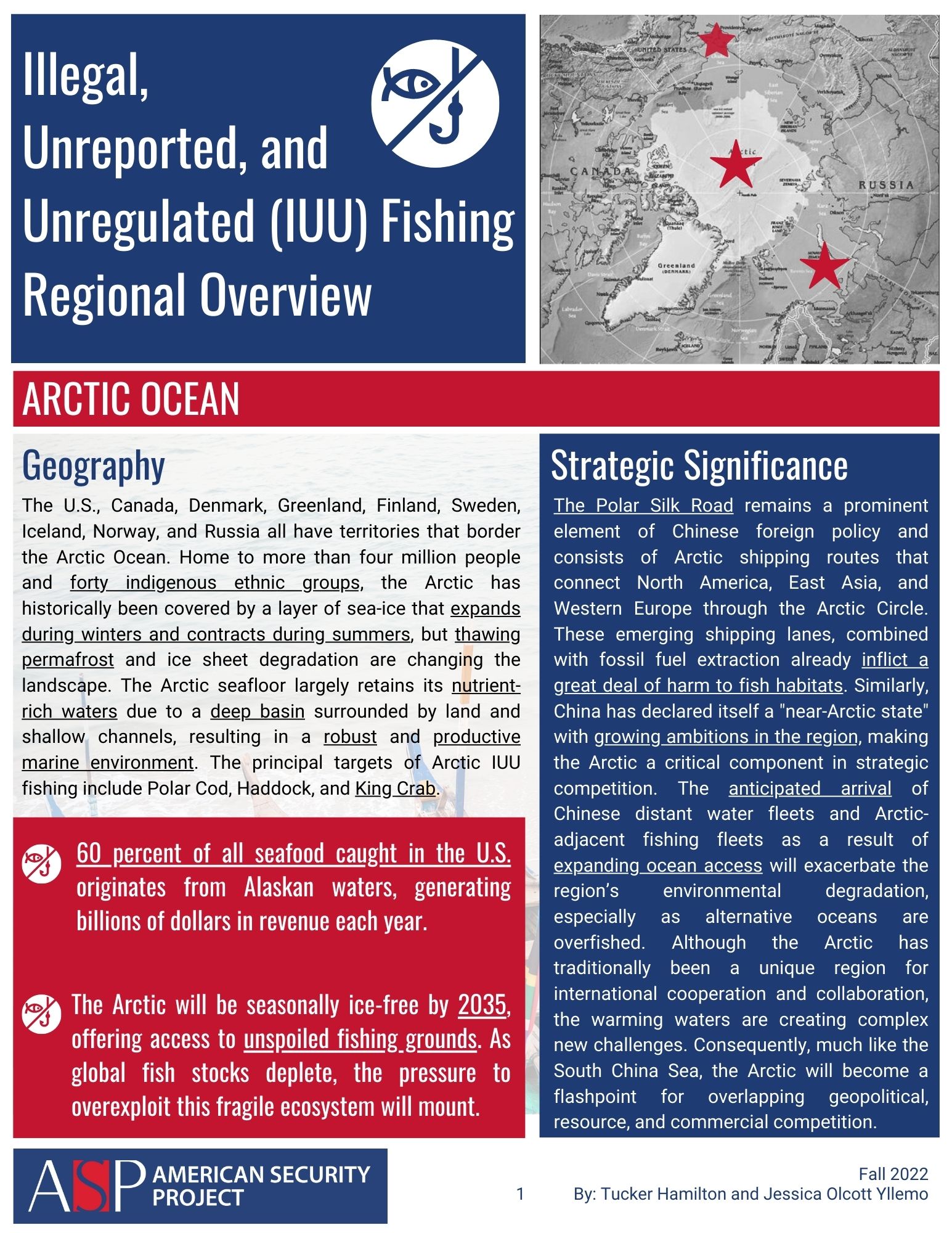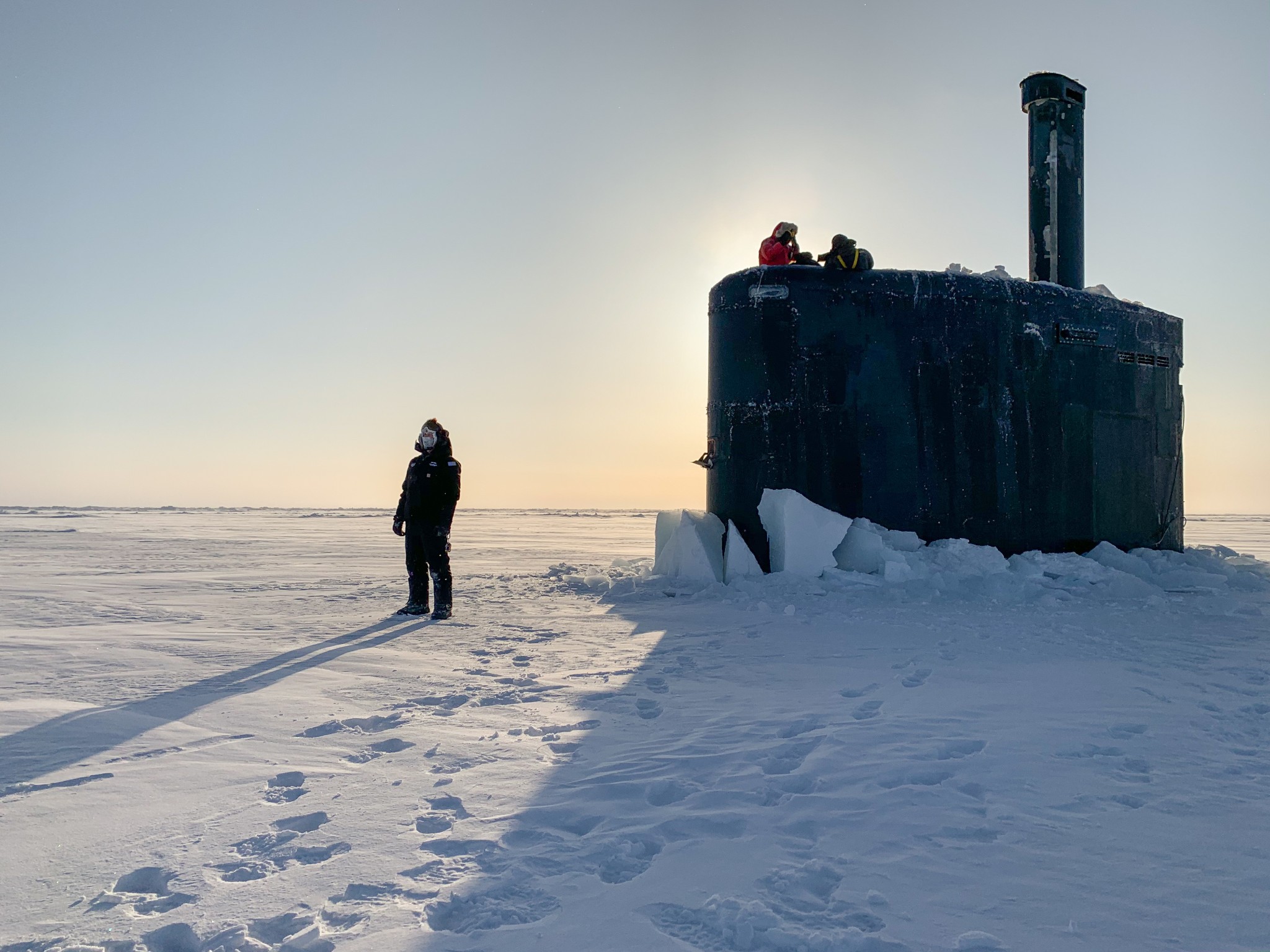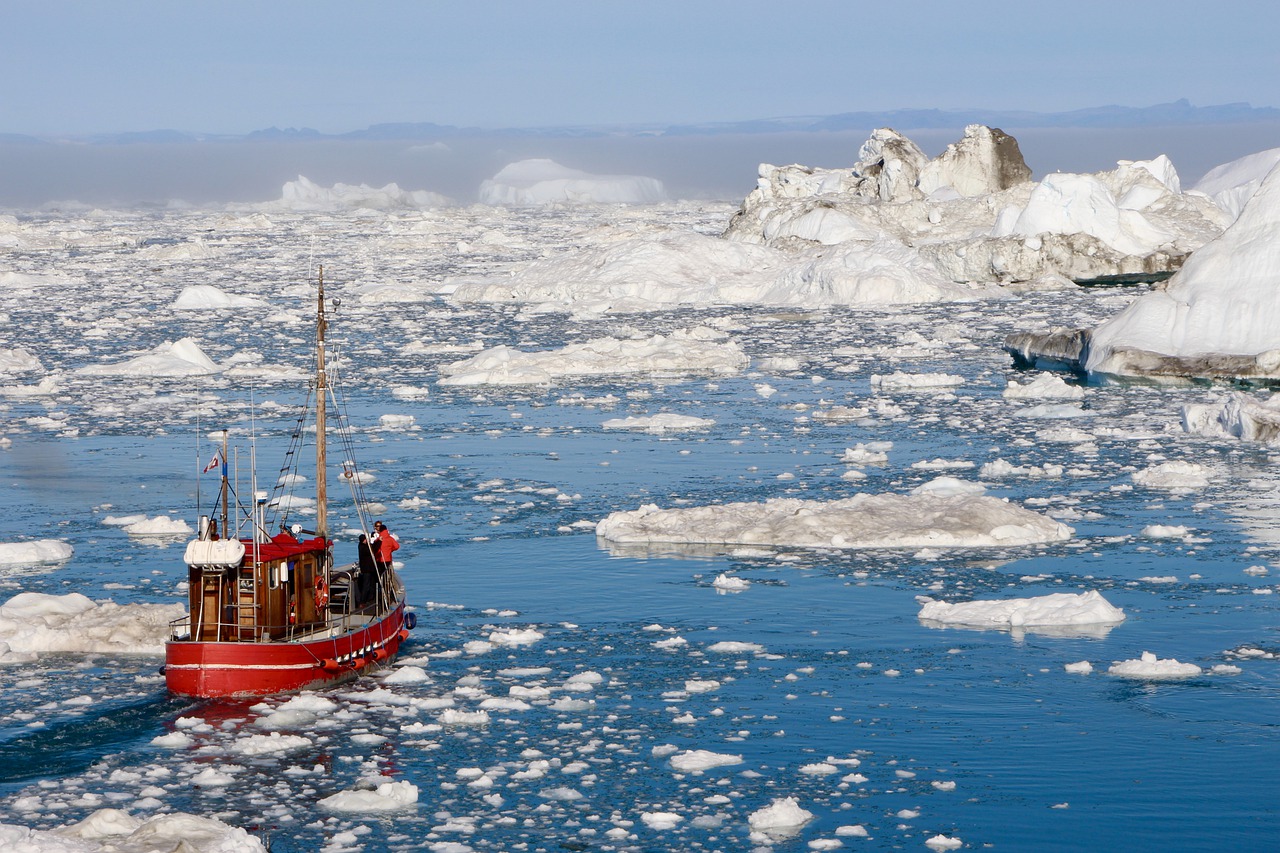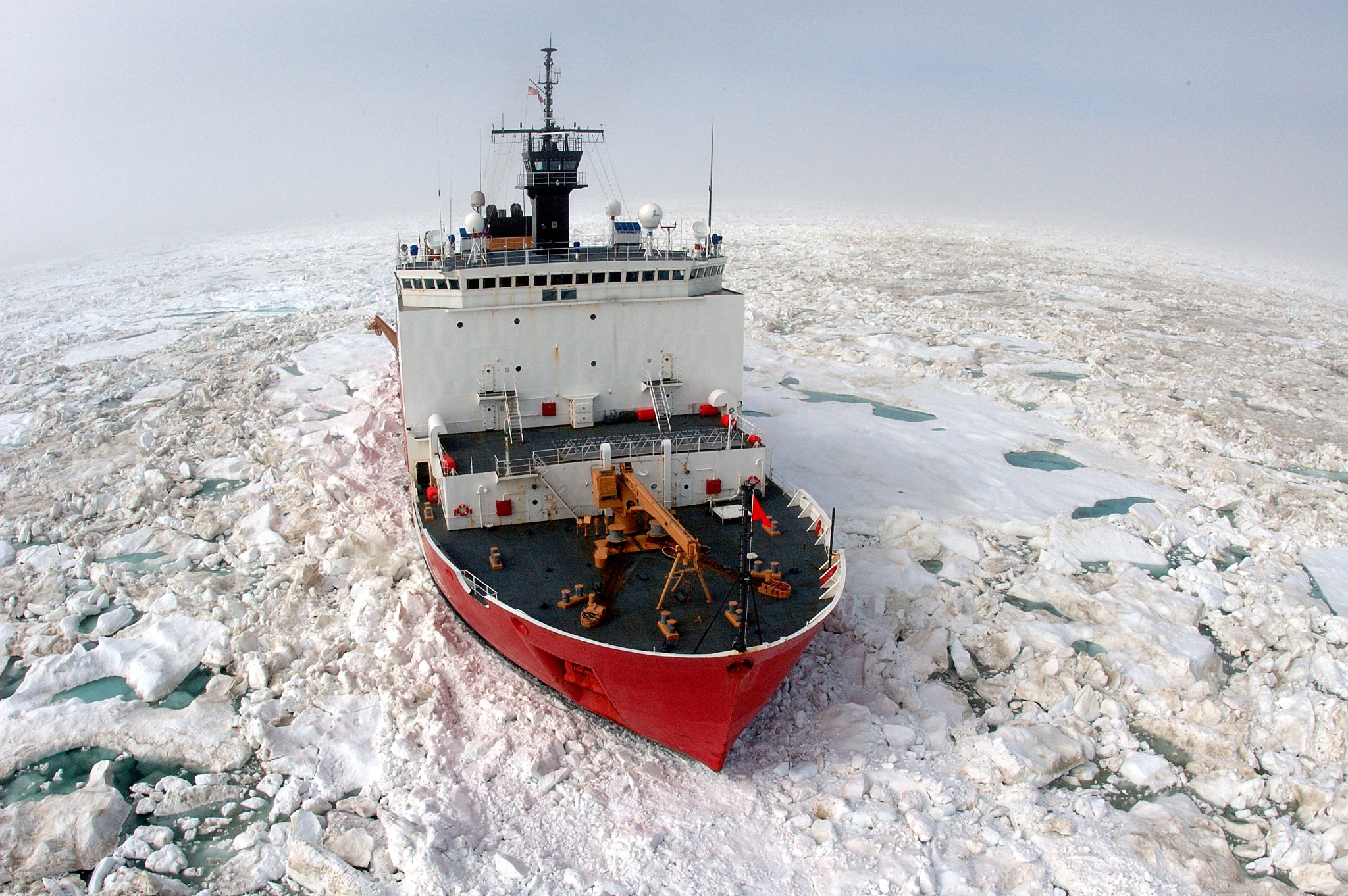New economic developments between Russia and China in the Arctic seas brings into question whether the United States has lagged behind in similar areas. Although the United States continues to demonstrate military capability with Nordic allies, there are still areas to improve on to secure U.S. economic interests.Read more...
